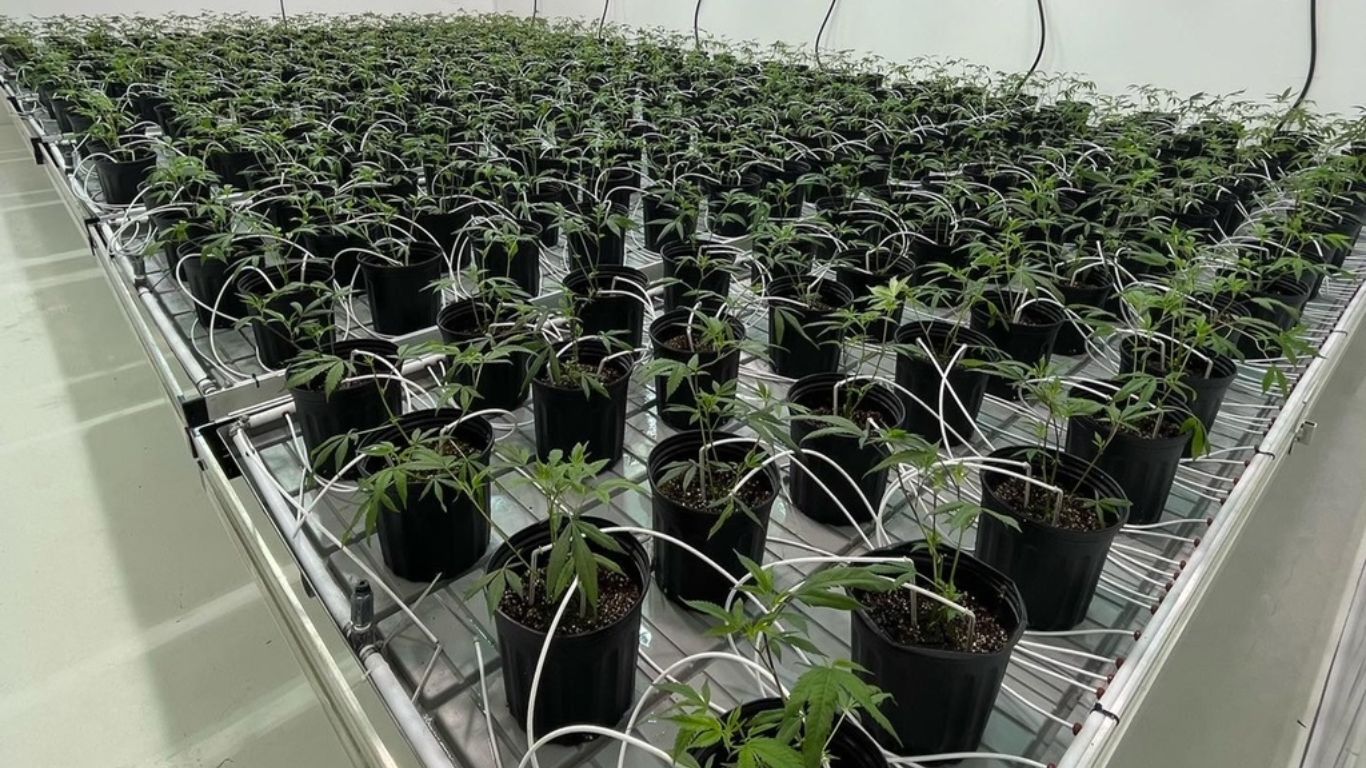
The clocks have changed, the other green holiday is in the rearview mirror (or maybe you’re still feeling a bit of it today), and the days are getting longer.
Stratcann had a number of stories with a spring-time vibe this week, including coverage of Sea Dog Farm, Canada’s first Sun + Earth certified producer, and a look at how eager home-growers can get their hands on seeds and clones ahead of this year’s season.
We also covered news that at least five companies have halted production of edible extracts, as well as the continued growth of micro license numbers, and some recent comments from Trudeau on the challenges facing the industry.
In other cannabis news this past week, there is a renewed push by the Ontario Chamber of Commerce to see reform in Ontario’s cannabis regime, the Toronto Star reports. The Chamber, in a submission to the Ontario government ahead of its budget, called for the modernization of cannabis laws by allowing consumption sites and to address retail store clustering.
Less interested in cannabis consumption spaces is the Traffic Injury Research Foundation, which also released a report on consumption spaces this week, which they are broadly against, stating that “risks associated with cannabis-impaired driving cannot be overlooked.”
Newfoundland’s cannabis sales were up sharply last year, the Newfoundland and Labrador Liquor Corp reported this week. They saw a 31 percent increase in cannabis sales, which NLLC officials credit partially to the legalization of vape products.
That has not helped Canada’s first legal retailers, though. As CBC reports, Thomas Clarke—the owner of one of the first retail stores to open in October 2018, located in Newfoundland—is closing, citing difficulty accessing business financing.
Fire & Flower, on the other hand, announced that they are opening a new store in Winnipeg’s Sports Hospitality and Entertainment District.
On the other side of the country, BC cannabis retailers are reeling after a brazen armed robbery early this week at Vancouver’s Kingsway Cannabis. They are calling on the provincial government to think about following Alberta’s lead in relaxing window covering requirements that they say are creating danger for their staff.
Walker Patton of Woody Nelson, a licensed producer in Nelson, BC, spoke with MMJDaily about their experience with vertical growing in organic living soil.
CTV London reported that the Middlesex-London Health Unit in London, ON, is set to lose two cannabis enforcement officers as money from the Ontario Cannabis Legalization Implementation Fund—a $44 million commitment from the province to fund municipal costs of legalization—will start to run out next year.
The coffers are also running a bit drier at Hexo Corp, which reported an $11.1 million quarterly loss, representing a 54 percent decline in revenues from a year prior, the Canadian Press reported. The Canadian Press also had comments from Hexo’s CEO, Charlie Bowman, who worried that a “price war” was breaking out in the industry.
In Manitoba, the provincial government has been ordered to reimburse a sexual assault victim for the cost of the cannabis she used to treat her PTSD, reports CBC Manitoba. The province’s victims of crime program, which covers expenses like medication and therapy, had denied her coverage despite the support of her family doctor and psychologist. They will now have to pay her out for seven years of medical cannabis use.
In international news, Germany’s long-awaited bill to legalize recreational cannabis is set to be introduced “in the next few weeks,” reports Forbes. According to German health minister Karl Lauterbach, the European Union has given Germany the green light after reviewing the proposal, clearing one of the biggest regulatory hurdles the bill faces.
Stateside, MJBizDaily published a column by Sweet Leaf Madison Capital exec Andrew Kaye, looking at potential fallout on the cannabis industry from the Silicon Valley Bank collapse—which thankfully looks minimal. Ironically, the lack of banking services available to cannabis companies seems to have protected them a bit. “For once,” he writes, “the marijuana industry is not the primary victim of the banking world.”
And finally, cannabis returned to the Red Chamber. Cannabis regulations were debated in the Senate this week (well, the Model Senate, that is). Model Senators took part in mock Senate sessions, with the Cannabis Act as their subject as part of the annual event. The whole thing took two days: vastly more efficient than when the real Senate took up the bill.












